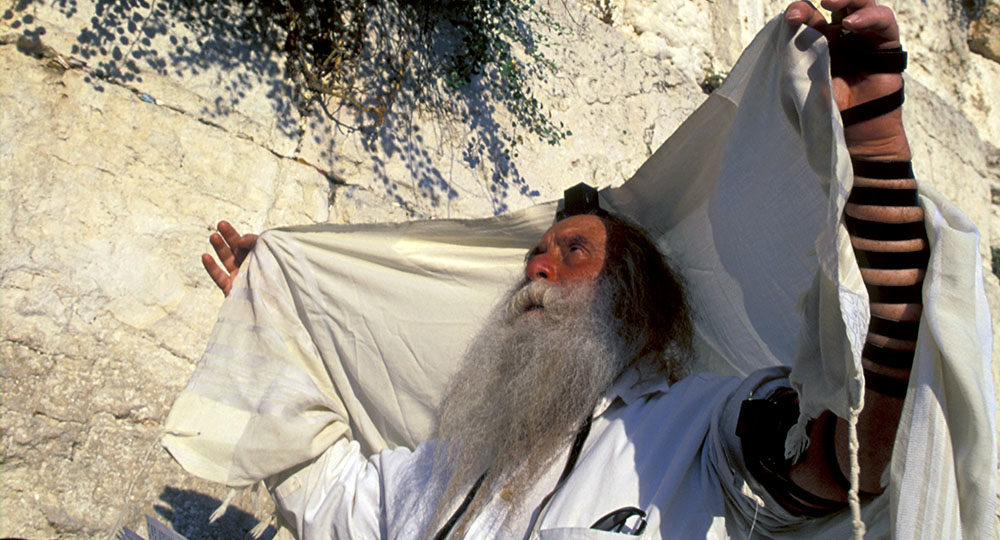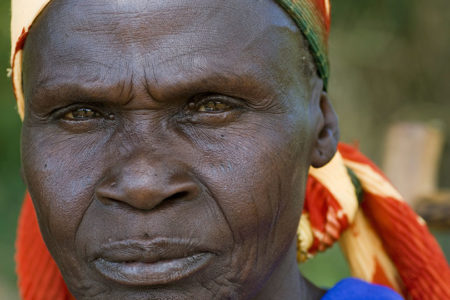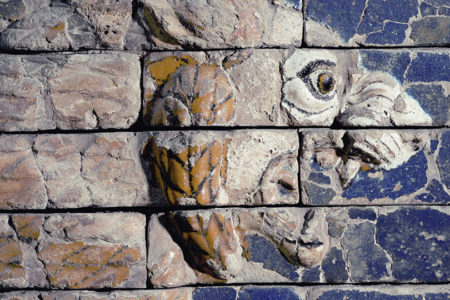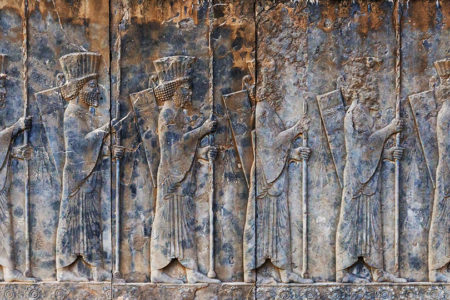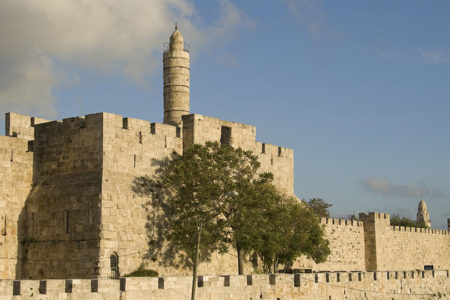Tisha B’Av — Israel’s Day of Tragedies
People often have days when nothing, absolutely nothing, goes right. The Jewish people have such a date, when so many tragedies occurred that they established a national day of sadness, fasting, mourning, and remembrance.
Tisha B’Av (literally, “the ninth day of the month of Av”) falls either in July or August, depending on the year. This year it was celebrated on July 27. Five monumental events happened on that date, forever changing the history of the Jewish people.
On the ninth of Av in 586 B.C., Solomon’s Temple was destroyed by Babylon, and the Jewish people were carried into captivity.
More than 650 years later, in A.D. 70, the Temple built by Zerubbabel, modified by Herod, and visited by Jesus was sacked and destroyed by the Romans under the command of Titus.
Sixty-five years later on the same date in A.D. 135 the Romans killed the pseudomessiah Bar Kochba and crushed his Jewish revolt at Betar.
In 1492 King Ferdinand of Spain issued the expulsion decree that set Tisha B’Av as the final date for all Jews to leave Spain, thereby destroying one of the largest Jewish communities in the world.
That date also saw the beginning of the infamous Spanish Inquisition, instituted to force Jewish people to embrace Catholicism or face horrific torture. Despite submission to forced conversion, however, thousands were tortured anyway and burned alive.
Although the Bible does not give the date, Jewish students of Scripture also believe the sin of the spies at Kadesh-barnea, which caused the Lord to make the nation wander in the desert for forty years, occurred on Tisha B’Av.1
To this day Tisha B’Av remains a day of sadness and denial of physical pleasures. Everyone is supposed to fast except for the young and those who are ill or have physical limitations. The fast of Tisha B’Av is similar to that of Yom Kippur, and those who fast even deny themselves water. They refrain from washing, shaving, cutting their hair, wearing leather shoes, and using lotions and cosmetics.2 The custom is to sit on the floor or stools, as when sitting shiva, the seven-day period of mourning for those who have died.3
Early in Av, some Jewish people refrain from eating meat and drinking wine, except on the Sabbath.4 And weddings, parties, and joyous celebrations are all put on hold until after the ninth of the month.5
In the synagogue the book of Lamentations is read. Also, the ark where the Torah scrolls are kept is often draped in black cloth to indicate mourning.6
Jewish teachers see a special blessing in mourning over Jerusalem. They believe that all who mourn over her will rejoice in her future glory and exaltation,7 citing Isaiah 66:10–12:
Rejoice with Jerusalem, and be glad with her, all ye that love her; rejoice for joy with her, all ye that mourn for her. . . . For thus saith the LORD: Behold, I will extend peace to her like a river, and the glory of the nations like a flowing stream.
These verses look forward to the future Messianic Kingdom, when Jerusalem will be inhabited by David’s Greatest Son; and the city will never mourn again.
ENDNOTES
- “The Ninth of Av,” [www.ou.org/yerushalayim/tishabav/tishabav.html].
- “Tisha B’Av,” [www.jewfaq.org/holidayd.htm].
- “The Ninth of Av.”
- Ibid.
- “Tisha B’Av.” 6 Ibid. 7 “The Ninth of Av.”
